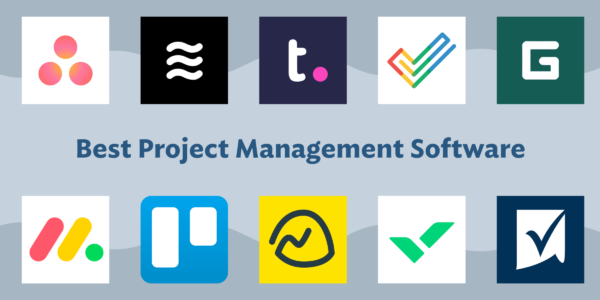The Ultimate Guide to Project Management Software: Strategies, Tools, and Best Practices

Course Content
Introduction
-
Importance of project management software in modern business
00:00 -
Overview of the ebook’s contents and its value for project managers and teams
00:00